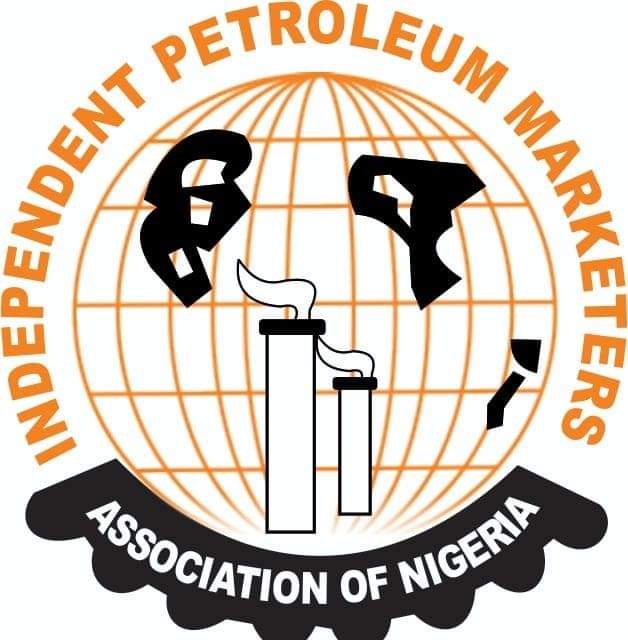Ibadan, August 1, 2025 — By Peter Omopo
Beginning October 1, petroleum tankers across the country will no longer be permitted to load more than 45,000 litres of fuel, the Western Zone of the Independent Petroleum Marketers Association of Nigeria (IPMAN) has announced.
The new restriction, aimed at reducing the alarming rate of tanker-related accidents, was disclosed by IPMAN Western Zone Chairman, Chief Oyewole Akanni, during an interview with the News Agency of Nigeria in Ibadan on Friday.
Akanni revealed that the decision was the outcome of a joint safety review held between key stakeholders in the petroleum distribution sector, including Petroleum Tanker Drivers (PTD), the Nigerian Association of Road Transport Owners (NARTO), the Nigerian Midstream and Downstream Petroleum Regulatory Authority (NMDPRA), and major oil marketers.
“Previously, some tankers loaded as much as 90,000 or 60,000 litres, which posed serious threats,” Akanni said. “Such overloads not only weaken road infrastructure but also render trucks unstable and prone to accidents.”
To further enhance safety, the government has mandated the installation of anti-spill safety covers on all petroleum tankers. “These protective covers are designed to prevent fuel from spilling if a tanker topples, unless the tank itself is punctured,” he explained.
However, Akanni lamented the rising threat posed by vandals, who deliberately breach fallen tankers to siphon fuel. “This dangerous trend not only endangers lives but complicates accident scenes, leading to fires and fatalities,” he added.
The IPMAN chairman also stressed that many accidents occur at night, largely due to driver fatigue. As a preventive measure, tanker drivers have been directed to halt movement by 7:00 p.m. and resume by 7:00 a.m. the next day.
“Despite this directive, some drivers still flout the rule,” he noted, calling for stronger enforcement and disciplinary action against violators.
Akanni stated that the new measures are part of a national effort to reverse the spate of deadly tanker crashes which, in his words, are “fueled by systemic failures — from overloading and poor infrastructure to inadequate regulation and dangerous public practices such as fuel scooping from accident scenes.”
He affirmed IPMAN’s continued collaboration with stakeholders to strengthen road safety, ensure regulatory compliance, and protect both lives and national assets.
The move comes amid growing public concern and federal pressure for reform following a string of fatal fuel tanker explosions and road crashes in recent years.

